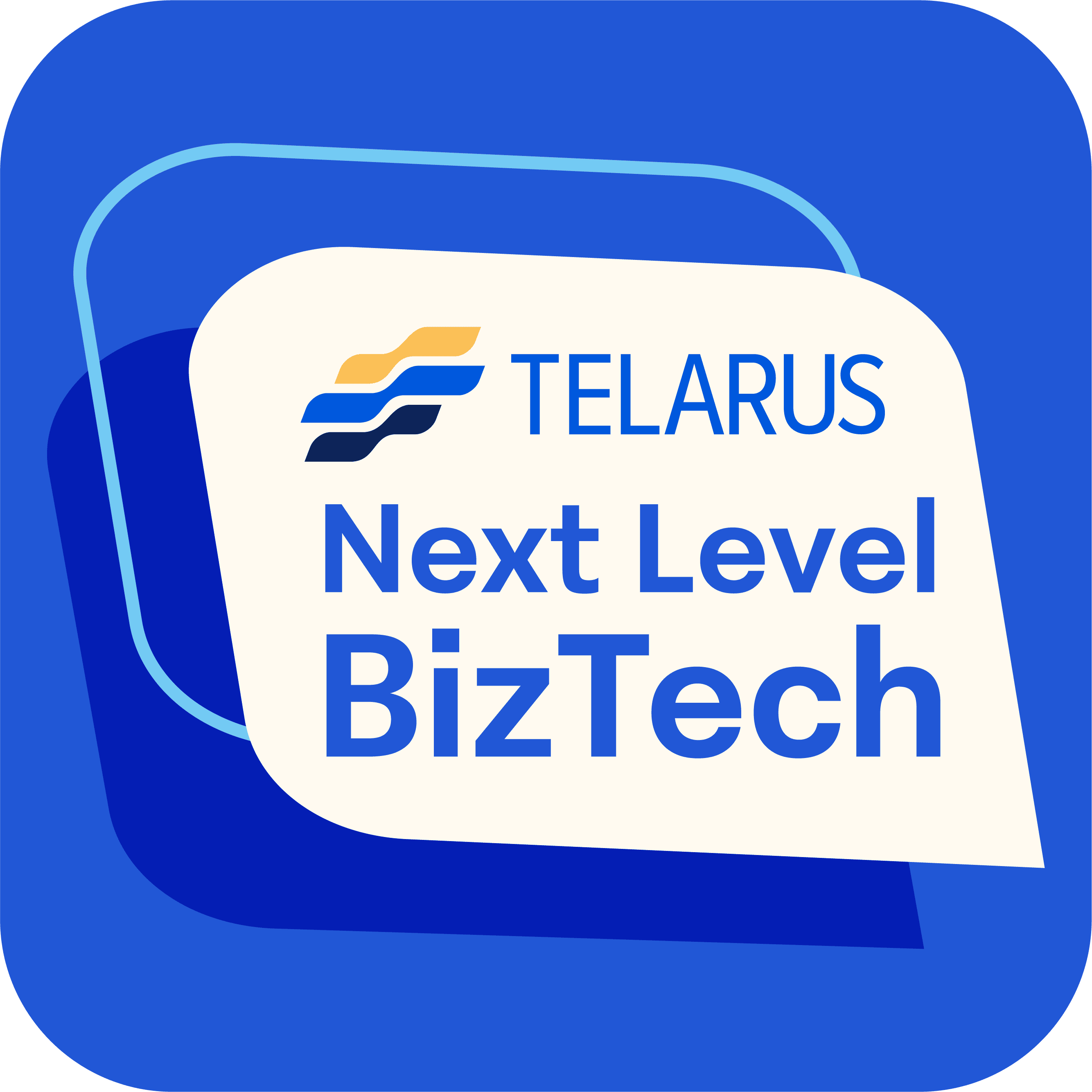
Next Level BizTech, A Telarus Podcast
Log In To Telarus University
Telarus University is a free educational resource available to all Telarus advisors. Our goal is to provide you and your team with the private education needed to understand the complex world of telecommunications and reach your highest potential. With a comprehensive online curriculum, we offer technical training, supplier education, and Telarus best practices that can be completed at your own pace.
